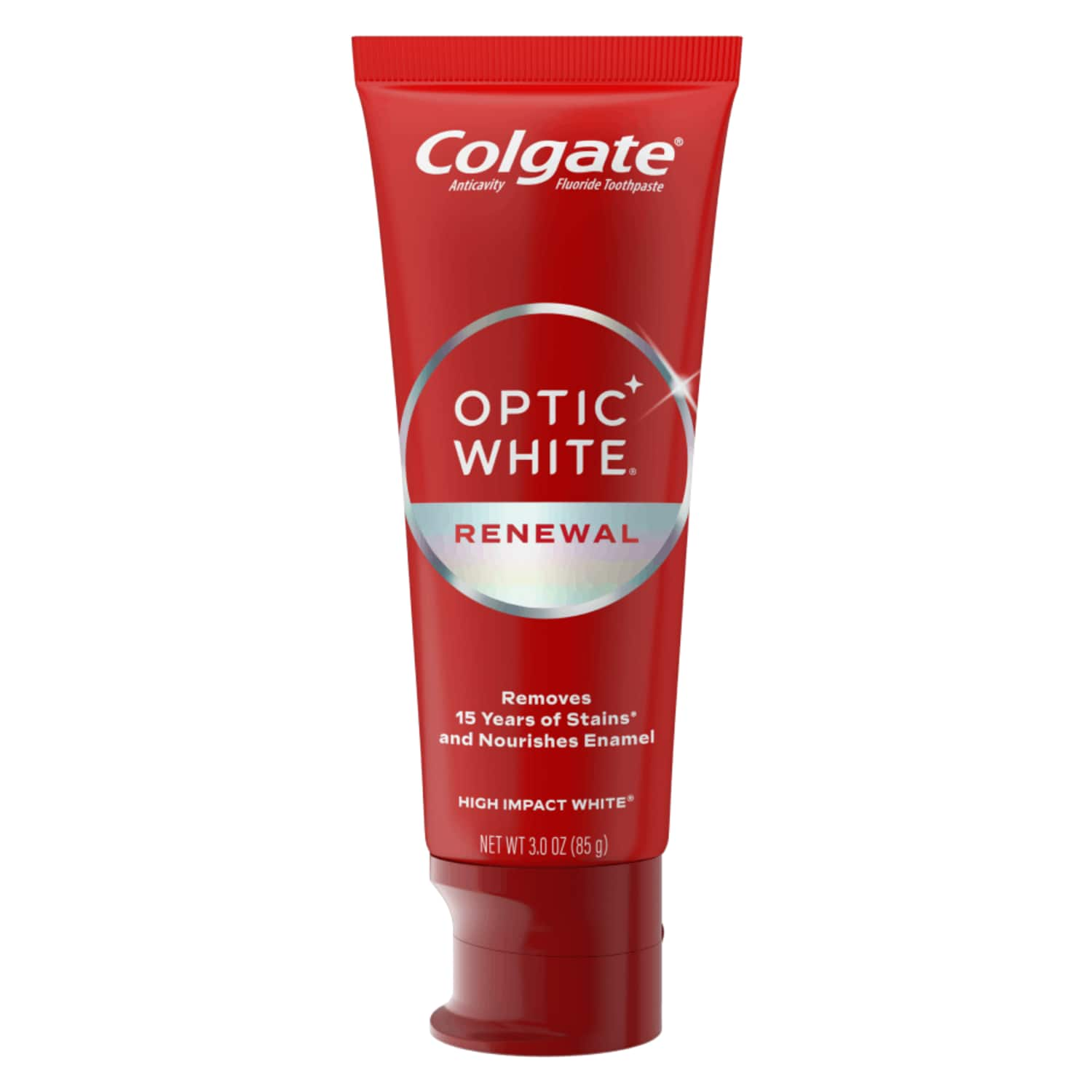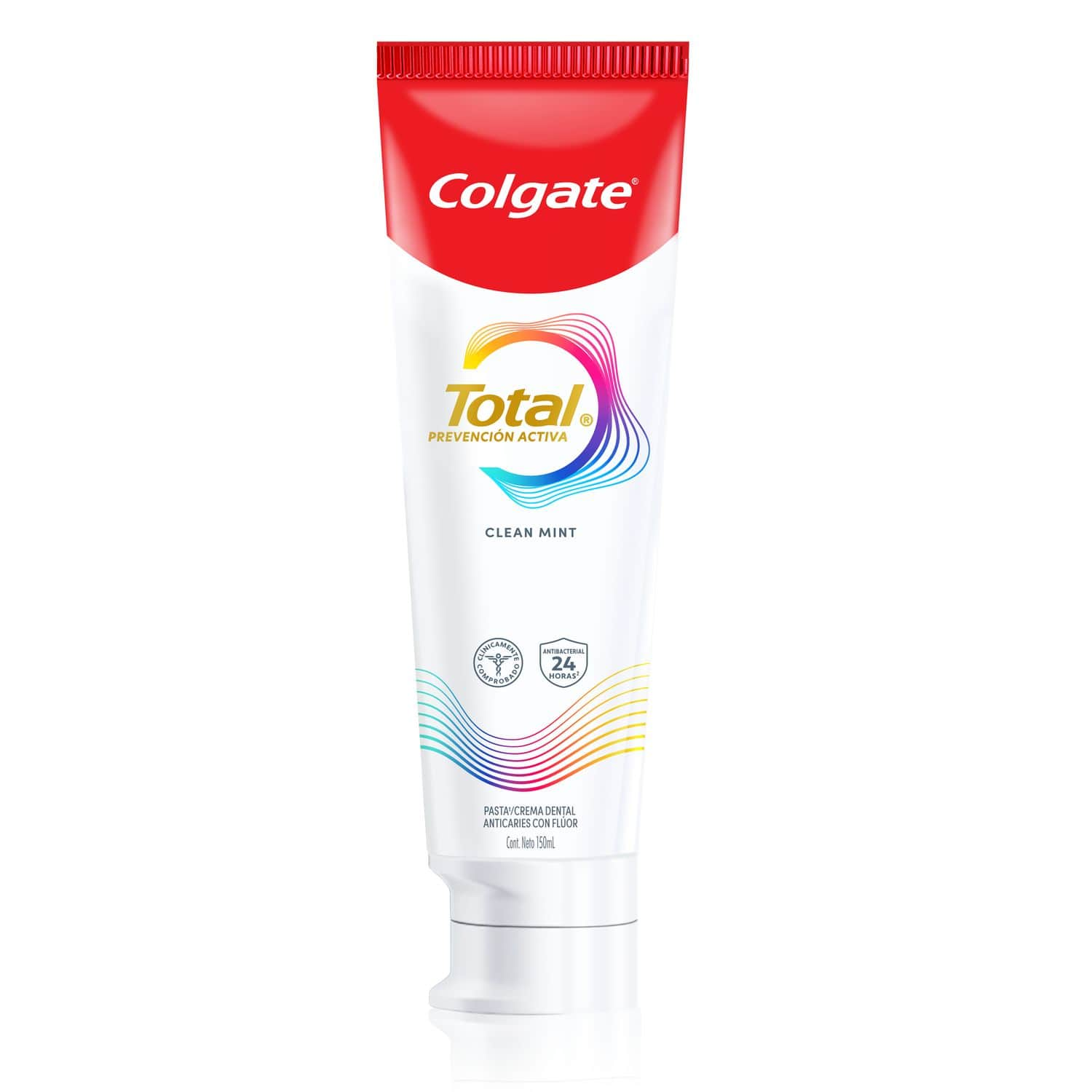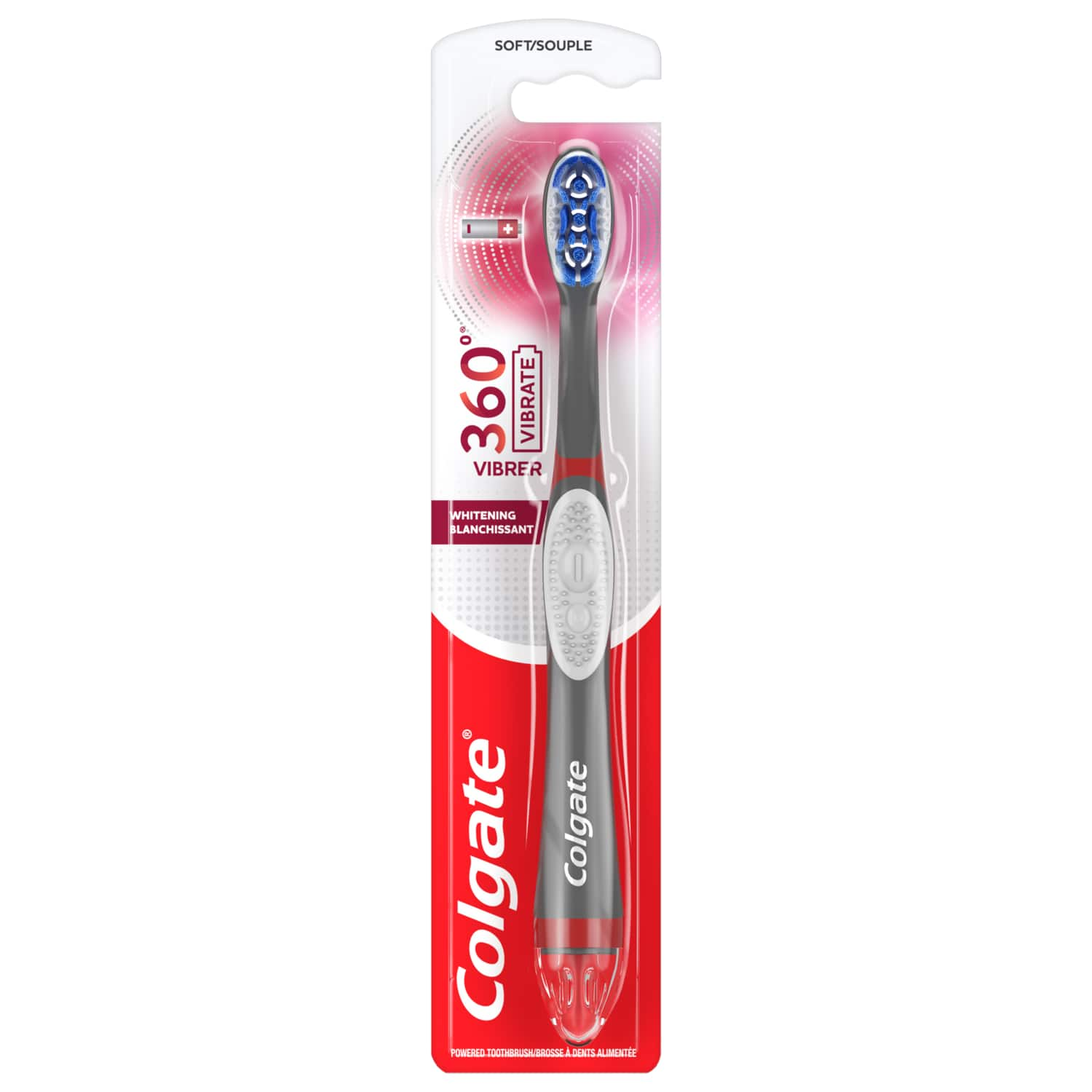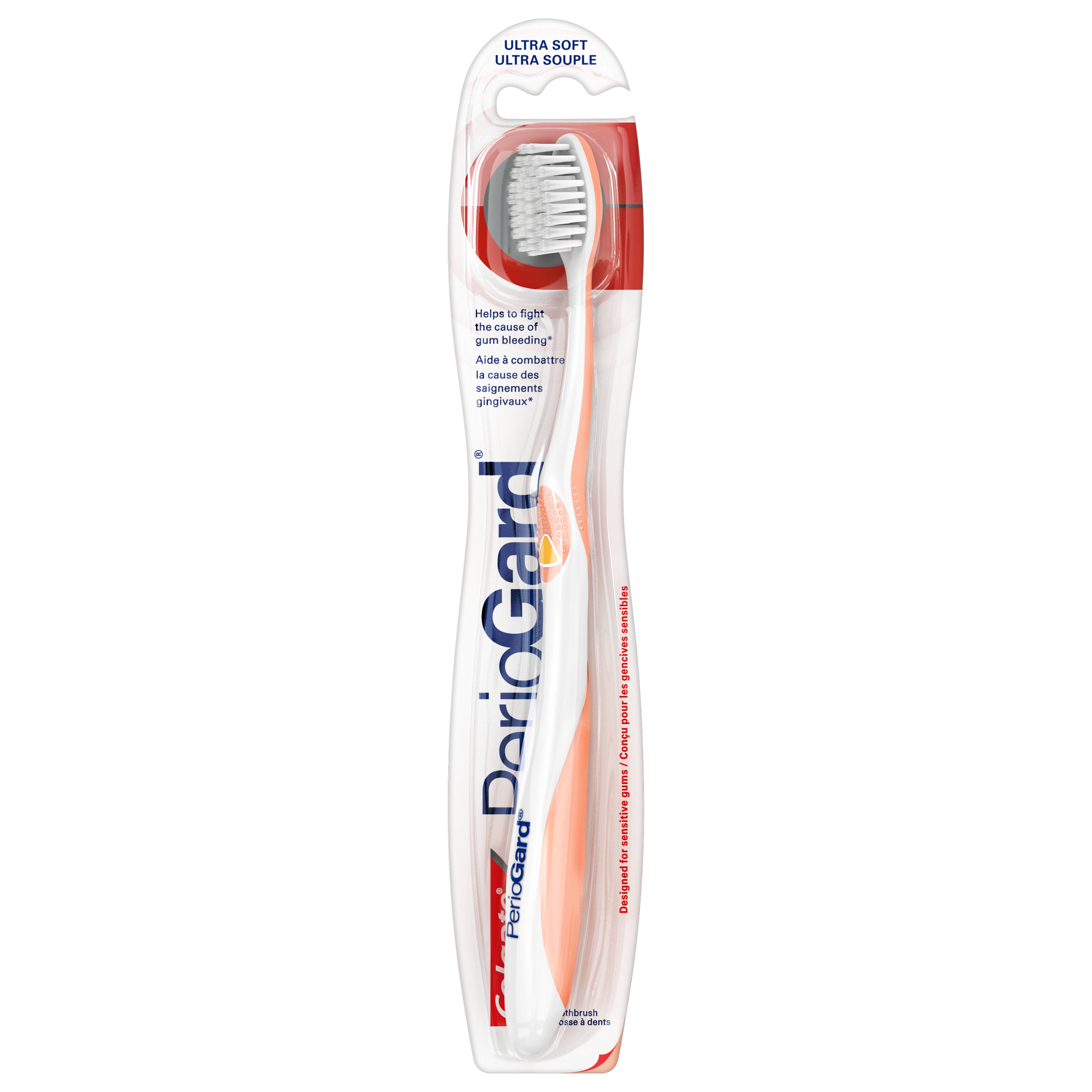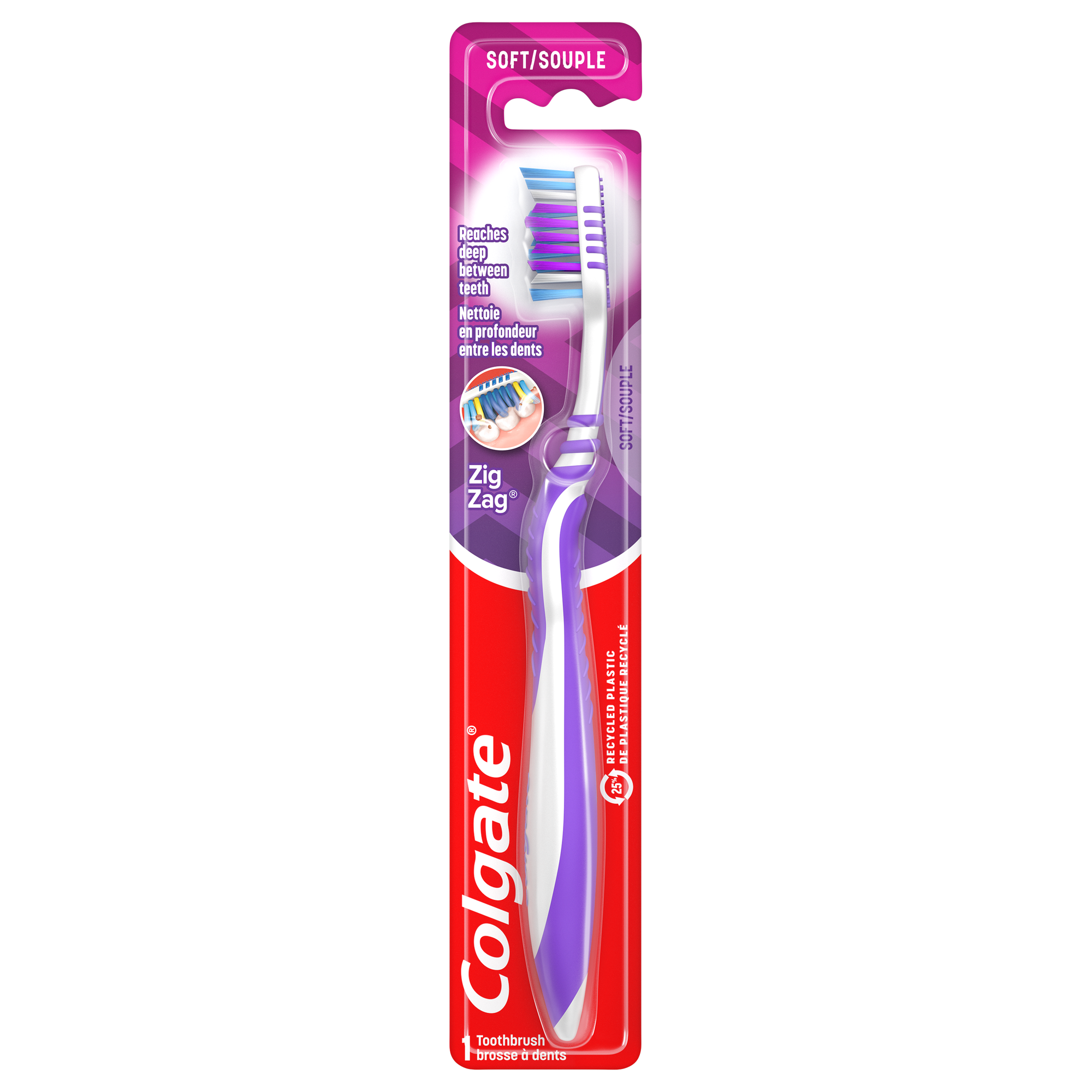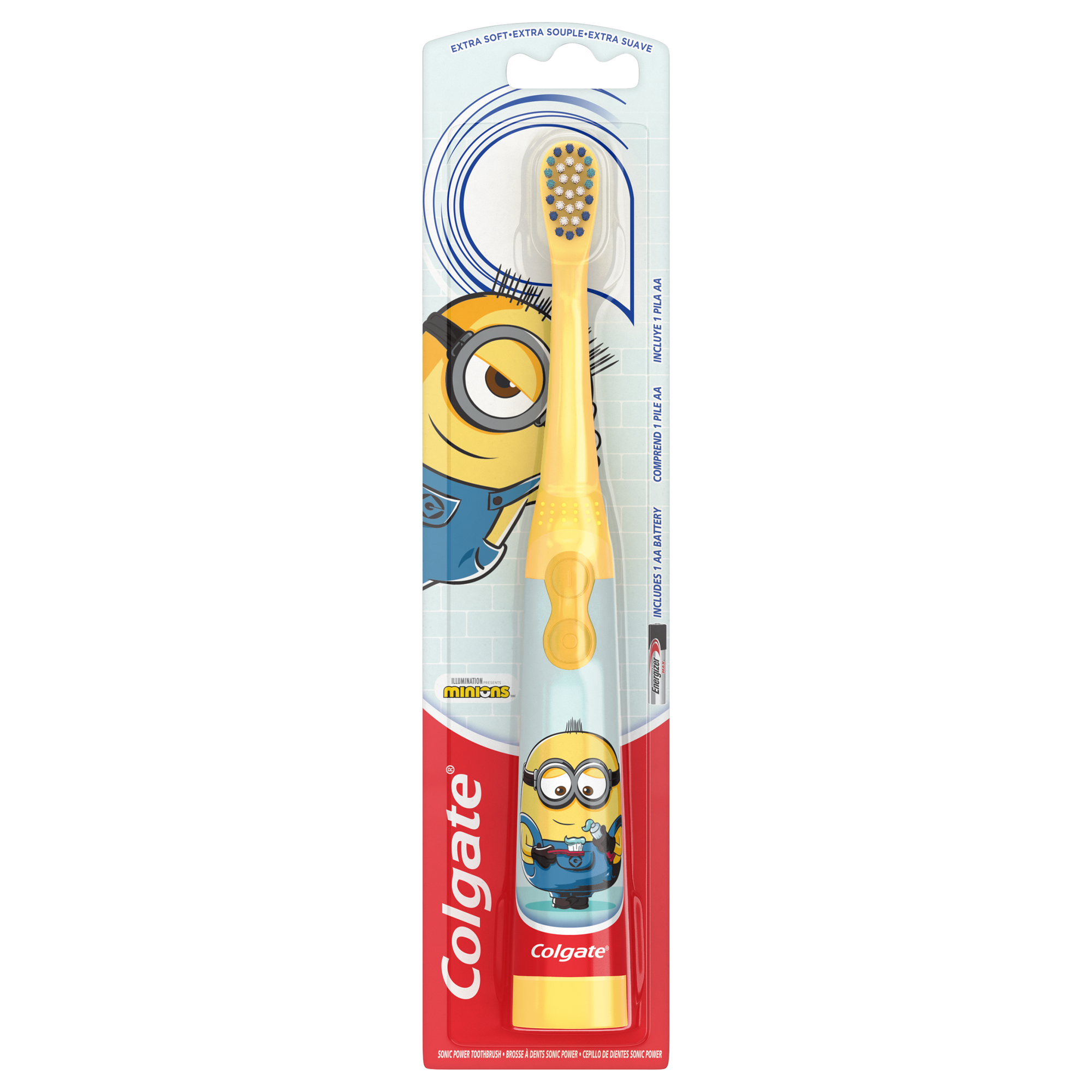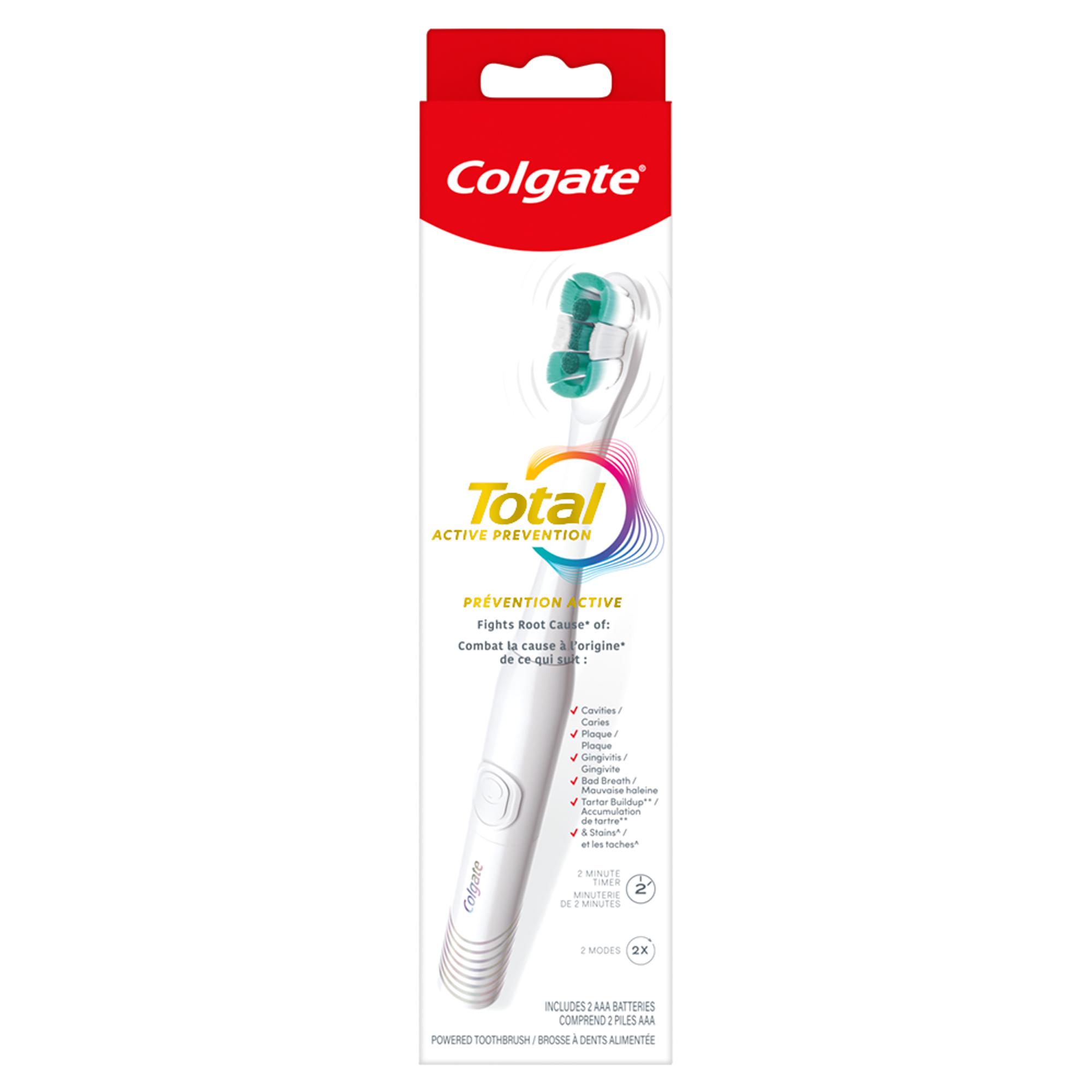-
-
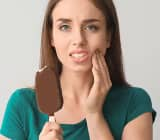
TOOTH SENSITIVITY
What Causes Tooth Sensitivity & How to Treat ItIf you avoid eating cold foods or drinking hot beverages because your teeth are sensitive, it may be time to get...

NUTRITION ORAL HEALTH
How To Limit The Effects Of Sugar On TeethCookies, cakes, candies and sodas – everywhere you go, there are sugary treats to tempt you and your kids. The effects of sugar...
-
Science & Innovation
- ORAL HEALTH CHECK
- PRODUCT MATCH
- Colgate® | Toothpaste, Toothbrushes & Oral Care Resources
- Oral Health
- Does Aspirin Cause Tooth Erosion?


Several published studies have found that the use of aspirin, if chewed, can contribute to the cause of tooth erosion. These studies analyzed both laboratory studies, where extracted teeth were placed in a water and aspirin mixture, and clinical case studies of people who took six doses of aspirin powder per day for a two-to-three year period. In the laboratory study, scientists observed changes in the surface of both the enamel, outer covering of the teeth, and dentin, the layer of tooth structure under the enamel, of the extracted teeth tested.1
In the clinical case study, the top surface of the teeth, also called the occlusal surface, showed severe erosion of the lower molars and premolars and on the lower anterior teeth on the tongue side. The researchers concluded that the aspirin powder caused the tooth erosion.2
Another study examined 42 children with rheumatoid arthritis. The participants were split into two groups, those who chewed aspirin, and those who swallowed it. The study found that the 25 children who chewed aspirin tablets experienced severe erosion of the upper and lower primary molars, and their first permanent molars. The 17 children who swallowed the aspirin tablets experienced no erosion of their teeth. The scientists concluded that the tooth erosion these children developed was due to chewing the aspirin tablets.3
These studies show that aspirin can affect the structure of the tooth surface depending how the analgesic is taken and can cause irritation to the soft tissue in the mouth. Consult with your dentist and physician if required doses of aspirin are recommended for a medical condition.
REFERENCES:
- Zero, DT. Etiology of dental erosion: extrinsic factors. Eur J Oral Sci 1996; 104(2[Pt2]): 162-77.
- McCracken M, O’Neal SJ. Dental erosion and aspirin headache powders: a clinical report. J Prosthodont 2000; 9(2):95-8.
- Sullivan RE, Kramer W. Iatrogenic erosion of teeth. ASDC J Dent Child 1983; 50 (3): 192-6.
Related Articles

Do cavity fillings hurt? They shouldn't, although you can expect some tenderness and soreness during the first few days after you get a tooth filled.


If your child has a cavity on the front tooth or you have one yourself, you may be wondering why it happened and how your dentist might treat it.
Related Products

Helping dental professionals
More professionals across the world trust Colgate. Find resources, products, and information to give your patients a healthier future

